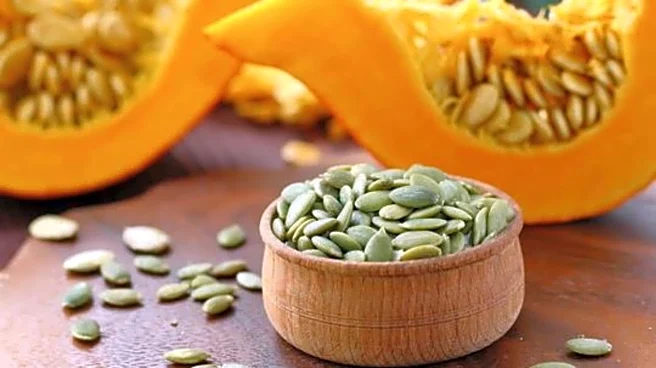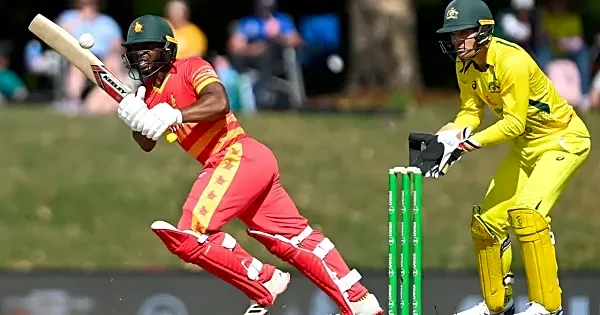India's Ministry of Commerce and Industry has described the proposed visit, coming at a crucial stage in the India-EU FTA negotiations, as timely, as both sides intensify efforts to conclude a comprehensive, balanced, and mutually beneficial trade agreement at the earliest.
The visit aims to build on the momentum generated by the 14th round of negotiations held in Brussels from 6th to 10th October, with discussions expected to cover key areas of the proposed FTA, including market access, non-tariff measures, and regulatory cooperation.
Both leaders are expected to review the progress achieved so far and identify areas requiring further convergence.
This visit takes place against the backdrop of the India-EU partnership gaining renewed strategic depth following the meeting between Prime Minister Narendra Modi and European Commission President Ursula von der Leyen earlier this year. The two leaders had underscored the importance of a future-ready trade relationship to advance prosperity, sustainability, and innovation on both sides.
While India is looking to export more labour-intensive goods to the EU with increased market access, the EU aims to export more automobiles and liquor to India. Earlier, government sources indicated that the 27-member bloc's recent nod to India's fisheries exports will offset the loss of export avenues for the sector due to US tariffs, adding that the talks are proceeding well and “on track to be concluded by year-end.”
Last month, Goyal had said that over 65% of chapters had been finalized in the FTA negotiations during the 13th round of talks in New Delhi.
In June 2025, government sources told CNBC-TV18 that extra sessions were being held in the India-EU FTA negotiations, with the frequency of meetings having increased from quarterly to monthly.
Earlier, CNBC-TV18 had reported that India and the EU were keeping options open for an early harvest deal, similar to the one India had signed with Australia. The early harvest deal is expected to cover issues such as tariff and non-tariff barriers, intellectual property rights, government procurement, technical barriers to trade, and Sanitary and Phytosanitary Measures. India and the EU are pursuing a two-stage approach to finalize an FTA, alongside a bilateral investment protection agreement and recognition of geographical indications (GIs) with the 27-member bloc.
/images/ppid_59c68470-image-176147253786038632.webp)

/images/ppid_a911dc6a-image-177088864928744173.webp)



/images/ppid_a911dc6a-image-177088805007765911.webp)





/images/ppid_a911dc6a-image-177088803864211353.webp)
/images/ppid_59c68470-image-177088756453137106.webp)
